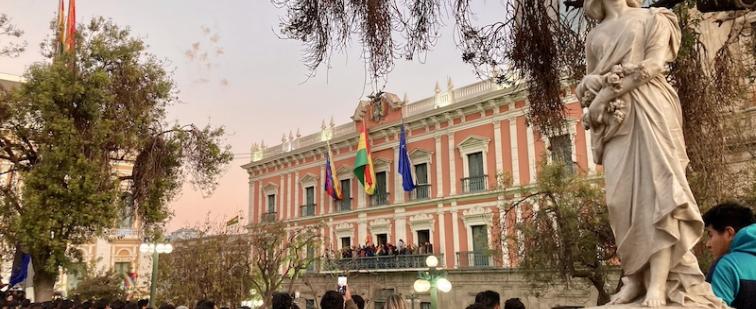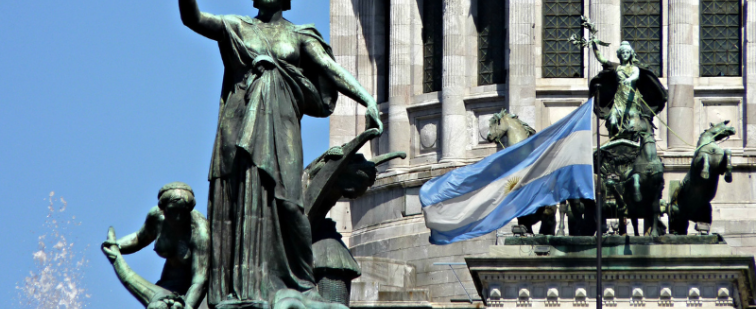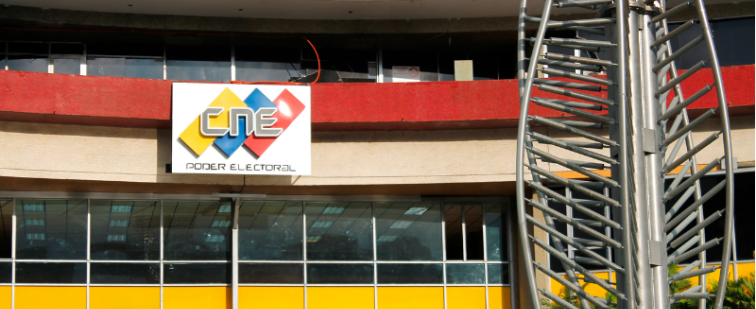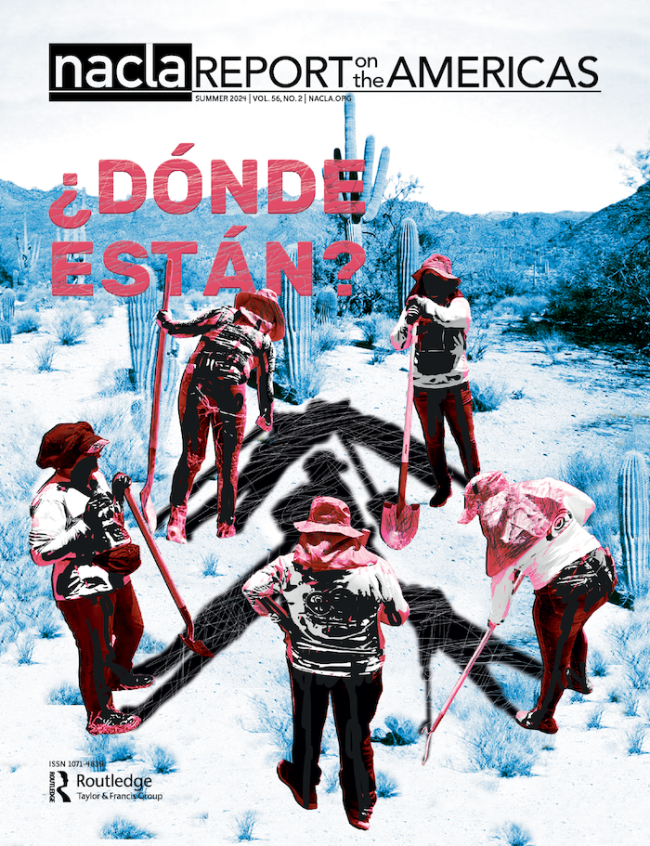November 14, 2011
During the Cold War, the U.S. promoted a discourse of security across the Western hemisphere over fears of the communist threat. We are now witnessing a strategic right-wing political platform whereby democracy is equated with free market capitalism, and “human rights violations” refer to new forms of state control over private interests.
November 11, 2011
In October, Bolivian President Evo Morales signed a new law banning construction of the controversial TIPNIS highway. The law is now provoking a new round of conflicts between lowland indigenous groups and the Bolivian government, over what it means for the reserve to be declared an "untouchable" ecological zone.
November 10, 2011
A month ago the Drug Enforcement Administration seemingly managed to reassert its relevance by demonstrating the role it can play in the name of the endless U.S. War on Terror. After last week's bust of international arms dealer Viktor Bout, despite shoving legality and morality to the wayside, the DEA likely thinks it has found its groove.
November 9, 2011
On Sunday, voters in Nicaragua and Guatemala chose their country’s next presidents. In Nicaragua, President Daniel Ortega sailed to victory and a third term. In Guatemala, retired general Otto Perez Molina was elected despite concerns over his involvement in human rights violations during the former military regime.
Mexico, Bewildered and Contested
November 7, 2011
A year and a half ago, the Mexican magazine Proceso reported on the presence of a U.S. Office of Bi-National Intelligence (OBI), occupying several suites of offices in a tall building on Mexico City’s upscale Paseo de la Reforma, just a few blocks from the U.S. Embassy. The OBI continues to house an alphabet soup of U.S. intelligence agencies, the DEA, DIA, CIA, FBI, ATF, and others.
November 7, 2011
On November 4, FARC leader Alfonso Cano was killed by the Colombian army, raising questions about the country’s on-going conflict. The core question is whether President Santos will capitalize on his victory to push for a negotiated peace agreement, or squander the opportunity and prolong this very costly conflict.
November 7, 2011
A new report illustrates the tragic intersection of immigration policing and child welfare. Like the "collateral damage" brought about about by U.S.-war-making abroad, harm to children is an inevitable consequence of the ongoing "war" on immigrants characterized as undesirable.
November 4, 2011
The U.S. government and its right-wing allies are using human rights as a political weapon to discredit those governments in the region that have most aggressively undermined U.S. hegemony. This article was originally published as the introduction to the September/October 2011 issue of the NACLA Report on the Americas.
November 2, 2011
The Day of the Dead in the U.S.-Mexico borderlands is a time to remember the countless migrants who have perished trying to overcome the ever-hardening boundary and immigration enforcement apparatus.
Mexico, Bewildered and Contested
November 1, 2011
On these first two days of November, known as All Saints Day and the Day of the Dead, many Mexicans bring offerings to their relatives, friends, and sympathetic public figures who have died within living memory. This year, groups around the country are using the occasion to remember the thousands who died violently over the past year at the hand of combatants in the country’s many-sided war on organized crime.











